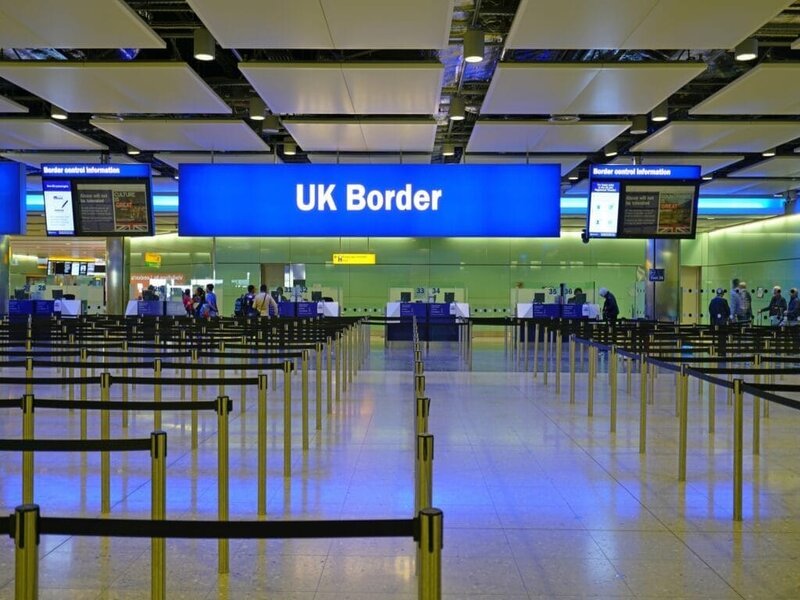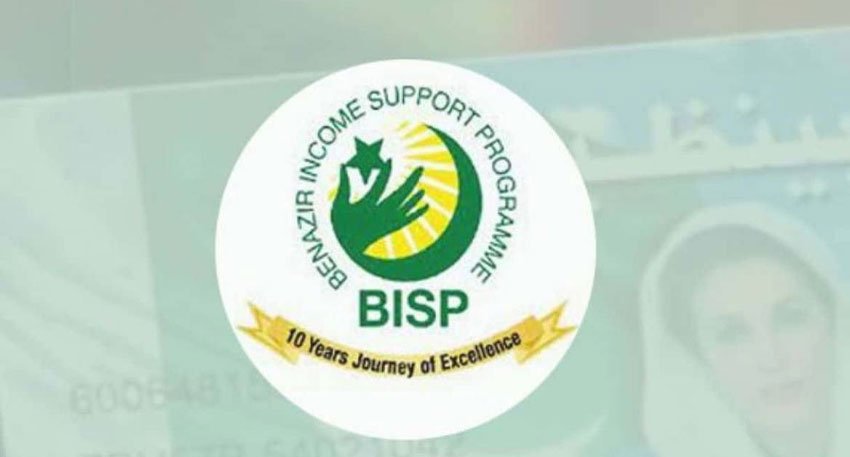Starting January 8, 2026, migrants applying for certain UK work visas will be required to demonstrate English proficiency at A-level standard, equivalent to the B2 level under the Common European Framework of Reference for Languages (CEFR). This marks a significant policy shift from the current B1 (GCSE-level) requirement and is part of the UK government's broader efforts to reduce net migration and enhance integration.
The new language requirement applies to skilled worker, scale-up, and high potential individual (HPI) visa applicants. These individuals will now need to pass an in-person test covering speaking, listening, reading, and writing at Home Office-approved centers. The B2 level implies that applicants should be able to understand complex texts, engage fluently in conversation, and clearly express their views on a wide range of subjects.
The change is designed to ensure that migrants can effectively integrate into British society and the workforce. Home Secretary Shabana Mahmood emphasized the importance of language proficiency as a means of contribution and integration, saying that migrants must "learn our language and play your part." She added that while the UK remains open to those who contribute, it cannot accept arrivals who are unable to engage in national life due to limited language skills.
The Home Office estimates that the new requirements could reduce migration by up to 100,000 people per year. In 2024, net migration to the UK dropped to 431,000 from a record high of 906,000 in 2023.
Critics, including immigration lawyers and policy experts, have raised concerns about the fairness and practicality of the policy. Some argue that even many UK-born citizens would struggle to meet A-level standards and that the policy may disqualify skilled workers, especially in technical or manual roles, where English fluency is not always essential. Others suggest that integration naturally occurs over time through work and social engagement.
In addition to language reforms, the government is making other changes to its immigration policy. These include shortening the graduate job search period for international students from two years to 18 months (effective January 2027), increasing financial requirements for student visas, and raising the immigration skills charge for sponsoring employers.
The high potential individual visa route is also being expanded to attract top talent from global universities, with the number of visas expected to double from 2,000 to 4,000, subject to an annual cap of 8,000.
While the new policies aim to create a more “controlled, selective, and fair” immigration system, they have sparked debate over the balance between language standards and the need for a diverse and economically beneficial migrant workforce.





































